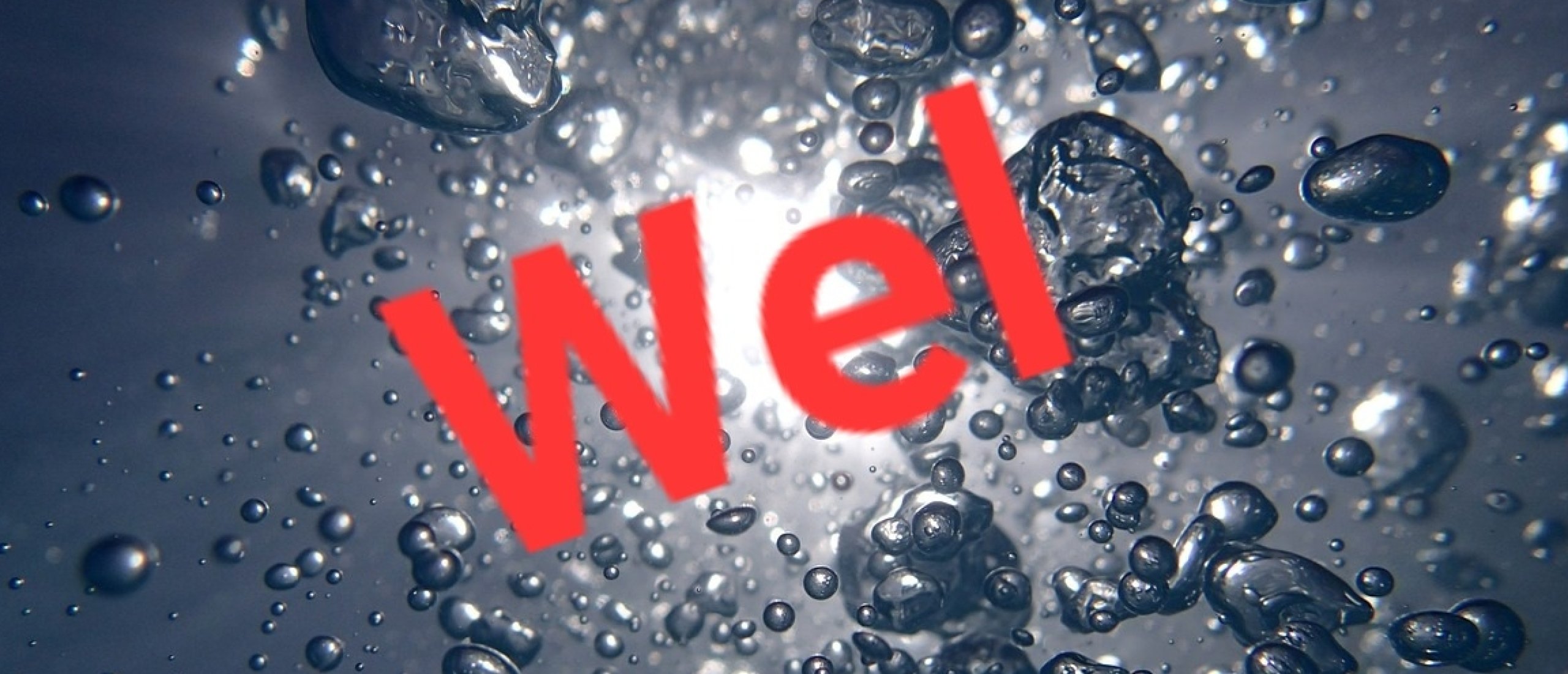Have you ever heard or seen the word wel in Dutch? Sure... it looks and sounds like well in English, but... there is a catch.. Chances are high that - although the word wel looks and sounds easy, -there are still many surprises..
Let's start with a simple question... How would you translate this Dutch sentence? Het gaat goed
Would you think that it means that things are going great? If so, then keep on reading, because wel is not always what you think it is in Dutch..
Yes... it is tempting that wel means good in Dutch. In many cases it is true. Here are some examples:
Welkom means welcome, so it is good that you come
Welzijn is well-being
Welgemeend = well meant, een welgemeend advies
Weldenkend = thinking in a sane and logical way
However, if you like to say that things are good, then you simply say het gaat goed. For some mysterious reasons you need to change good into well if you describe verbs in English, but in Dutch goed just remains goed... you do not change it. Here are some examples:
Ik zie goed = I see good = I see well
Ik spreek goed = I speak good = I speak well
That is why if you say het gaat wel, it does not always mean that things are going great. Here is something that could help you. Just have a look at these 2 sentences and then see if the word well has the same meaning...
1 I'll do it well
2 Well, I'll do it
Would you agree that the word well in sentence 2 has a different meaning? It does not mean good... That is why if Dutch people say: het gaat wel, it means: het gaat zo zo. Not really optimistic. ;)
Here is something important to understand. You can pronounce wel in 2 different ways. You can stress it and you can say wel in a vary casual way, without much emphasis.
First let's look what happens if you really stress it:
Dank je WEL = thank you. It is as if you say here: really thanks...
Ik spreek WEL Nederlands! = I do speak Dutch
Ik kan het WEL = I am able to do it!
However, you can also pronounce wel in a very casual way. And then it is as if you weaken something in your sentence.. Here are some examples:
Ik zie wel.... all right.... I'll see later...
Ik wacht wel ... I'll wait, no problem...
It is not always possible to translate the literal meaning of wel... It does not mean good, but... wel often adds a positive feeling. Wel often means that things are ok and there is nothing to worry about...
And... here is the most important thing... wel often makes your sentences a bit softer, a bit more gentle. It makes things a bit more friendly. That is why Dutch people throw in wel in many sentences and I must admit that I also do it a lot...
Just have a look at these 2 sentences:
1 Een stroopwafel is lekker
2 Een stroopwafel is wel lekker....
Would you be able to tell the difference? I have to admit that it is quite subtle....
If you use sentence 1 it could could mean that you want to pressent it as a universal truth. However, once you add wel there is a slight shift in the meaning... When you add wel it could mean: kind of lekker, rather lekker or you show that it is just your own personal opinion and that you do not want to impose this idea on others... They are free to choose and yes... they may agree with you!
Once again, it is important to understand that there is a radical difference between a stressed pronunciation of WEL and wel in a light and casual way. For example, you could say: haring is WEL lekker! Hering is tasty and here it is clear that you defend strongly a certain idea. But... if you say: haring is wel lekker, then it means that haring could taste nice and somehow you leave the option open that many other things can be lekker as well.
Wel often serves as a great little word to make things nicer and more friendly. For example, you could ask: spreek je Engels? (do you speak English?) and then a Dutch person may say to you ja or ja wel.... Then it means... yes... sure.... Somehow if you say ja wel, it is a little bit warmer and more welcoming...
Welnee is also a great combination! It is no and don't worry about it or of course it is not true. You could ask: is Nederlands complexer dan Arabisch? Is Dutch more complex than Arabic? Then welnee, means: no, of course not.... what a crazy idea...
Have you noticed the many different ways that you can use wel in Dutch? Share your thoughts here!




